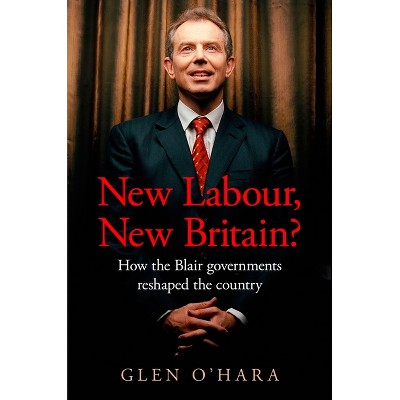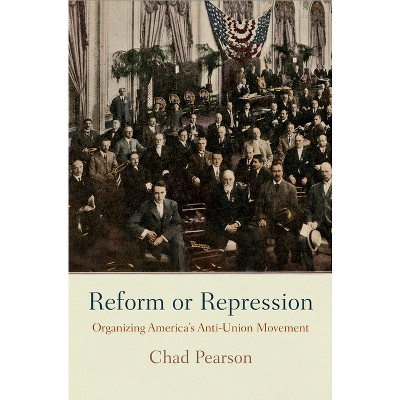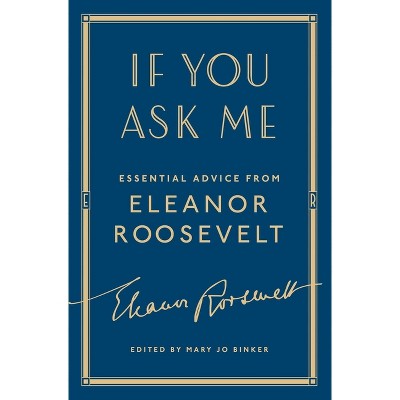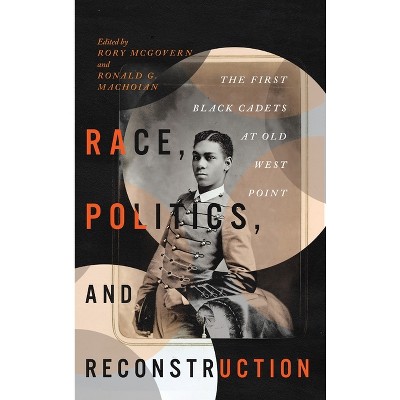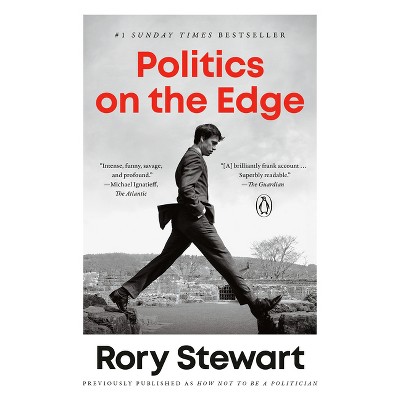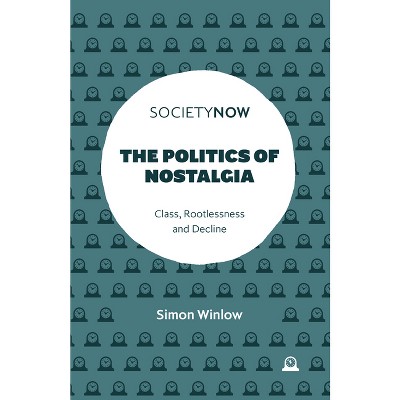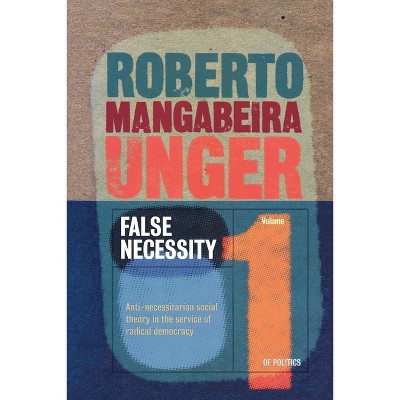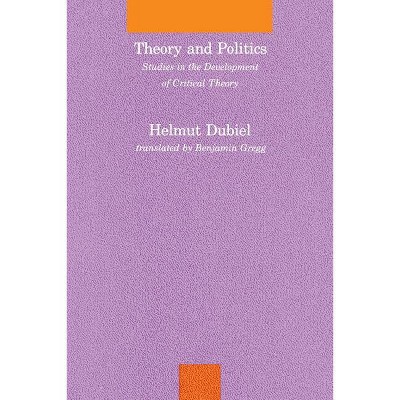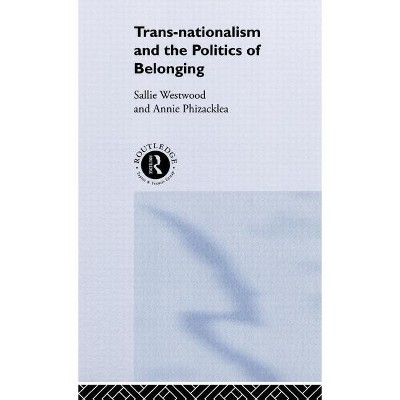Sponsored

Politics and Privilege - by Rory McVeigh & William Carbonaro & Chang Liu & Kenadi Silcox
In Stock
Sponsored
About this item
Highlights
- In the United States, the bottom 50 percent of households hold only 1 percent of the nation's wealth.
- About the Author: Rory McVeigh is the Nancy Reeves Dreux Professor of Sociology and director of the Center for the Study of Social Movements at the University of Notre Dame.
- 280 Pages
- Social Science, Sociology
Description
About the Book
Based on data from an innovative experiment, this book presents a bold new theory that shows why American politics revolves around status differences, not class conflict.Book Synopsis
In the United States, the bottom 50 percent of households hold only 1 percent of the nation's wealth. Scholars and commentators have long viewed democracy as the antidote to economic inequality, but US electoral politics bears little resemblance to a struggle between the haves and the have-nots. What makes extreme disparities of wealth and income so persistent, and why has the political process failed to address the problem?
Based on data from an innovative experiment, this book presents a bold new theory that shows why American politics revolves around status differences, not class conflict. Analyzing a sample of nearly 2,600 participants, the authors investigate whether Americans are more likely to support a social-change organization if it explicitly opposes racism, sexism, homophobia, xenophobia, and religious bigotry or if it focuses exclusively on economic equality. Drawing on the results, they argue that privileged groups' desire to preserve their status is the primary obstacle to forming progressive alliances. Status hierarchies are at the heart of political polarization, which stalls legislative efforts to reduce economic inequality or tackle pressing issues such as climate change, gun violence, and access to health care. Rigorous and timely, Politics and Privilege demonstrates why an agenda that simultaneously addresses economic and status inequalities is essential to progressive politics today.Review Quotes
Why are Americans so polarized? Based on extensive new evidence, Politics and Privilege goes a long way in answering this vexing question. Social status, not economic class division, drives polarization, as groups at the tops of hierarchies defend their privileges against groups seeking equality. These status hierarchies must be leveled if our democracy is to thrive.--Aldon Morris, author of The Scholar Denied: W. E. B. Du Bois and the Birth of Modern Sociology
Compelling and timely, Politics and Privilege is a brilliant account of how status hierarchies shape American politics and guide political behavior, from worker unity to racial politics to political polarization. With a clever experimental research design and a fresh take on political theory, this book is an absolutely essential read for understanding contemporary politics, crises of U.S. democracy, and where we go from here.--Hajar Yazdiha, author of The Struggle for the People's King: How Politics Transforms the Memory of the Civil Rights Movement
Politics and Privilege offers a clear-eyed and insightful roadmap to understand how status differences drive today's polarized politics. With its innovative experimental research design, elevation of voices across the political spectrum, and surprisingly hopeful conclusions around prospects for political change, this book redefines and renews the promise of social science in perilous times.--David Cunningham, author of Klansville, U.S.A.: The Rise and Fall of the Civil Rights-Era Ku Klux Klan?
About the Author
Rory McVeigh is the Nancy Reeves Dreux Professor of Sociology and director of the Center for the Study of Social Movements at the University of Notre Dame. His books include The Politics of Losing: Trump, the Klan, and the Mainstreaming of Resentment (Columbia, 2019).
William Carbonaro is a professor of sociology at the University of Notre Dame. Chang Liu is a graduate student in sociology at the University of Notre Dame. Kenadi Silcox is a graduate student in sociology at the University of Notre Dame.Shipping details
Return details
Frequently bought together
Trending Non-Fiction





